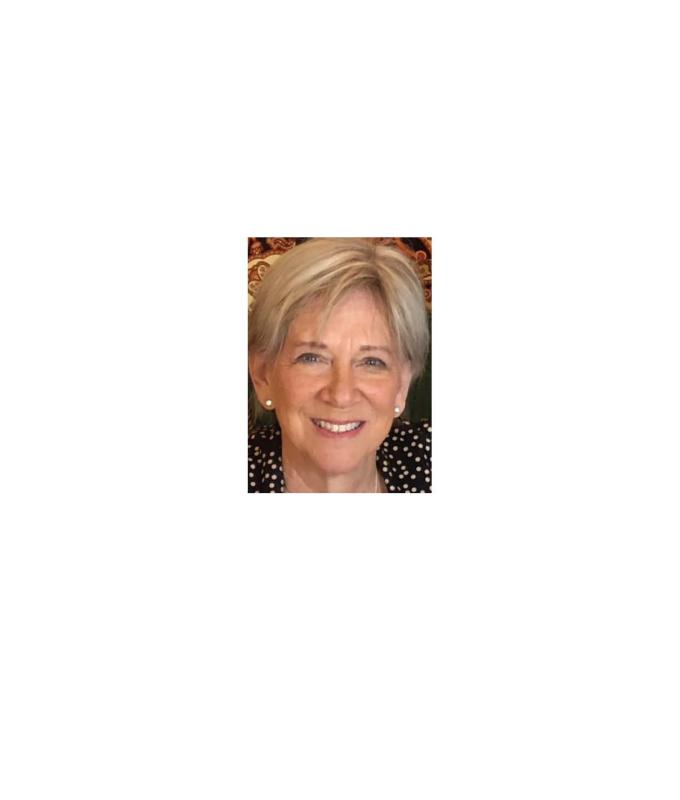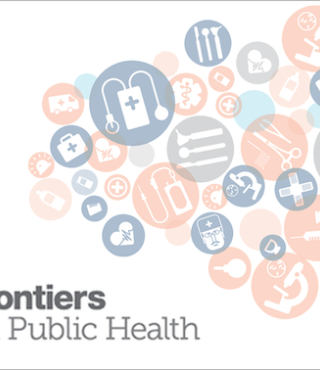
Lindsay Thompson, PhD
Professor of Practice
Johns Hopkins Carey Business School
Lindsay Thompson is an ethicist and professor of practice at the Johns Hopkins Carey Business School with over twenty years of professional experience as a health systems planner, administrator, and policy analyst. With a special interest in contested values at the intersection of traditional and contemporary cultures, her research and teaching interests center on the dynamics of unconscious bias informing values, leadership, and social change in business, society, and corporate culture. Research and publications focus on urban livability; social determinants of human health and wellbeing; moral distress and resilience; business leadership and human values; and intersectional equity and inclusion in business, professions, and society.
Lindsay serves on the Executive Committee of the Johns Hopkins 21st Century Cities Initiative and is the founder and leader of Carey CityLabs, an urban social impact business innovation collaborative focused on livable neighborhoods: Sustainable habitat, healthy people, cohesive communities, engaged citizens, and inclusive prosperity. Anchored in transitional urban neighborhoods in Baltimore, Washington DC, and other cities, Carey CityLabs engages university students, alumni, and faculty with local community leaders in a human capabilities and equity approach to restoring small business ecosystems, incubating new businesses, and creating sustainable wealth through investment, technical assistance, and testing of innovative business and financing models.
Lindsay created and continues as lead faculty for Business Leadership and Human Values, a unique Carey Business School signature course. As an academic thought and practice leader, Lindsay regularly presents her work and serves in leadership roles in academic societies such as the Society for Business Ethics and the International Society for Business Economics and Ethics.
Lindsay lives in a transitional neighborhood in Baltimore where she collaborates in citywide efforts to involve businesses, civic organizations, public officials, and private citizens in transforming distressed, struggling city neighborhoods into thriving urban communities.
Selected publications and working papers include:
Thompson, Lindsay J. “Moral Ergonomics: Wellbeing at Work.” Working paper.
Thompson, Lindsay J. (2022) The Leadership Labyrinth: Values for a Livable Future. Kendall Hunt Press.
Thompson, Lindsay J. and Milter, Richard G. (2022). “Livable Cities: Wealth for Human Flourishing,” in Capability
Approach and Actualising the Sustainable Development Goals: Inter/Multi/Trans Disciplinary Perspectives. Oxford Routledge.
Thompson, Lindsay J. (2022). "The boys under my deck: Moral repair in a culture of racialized violence," in The Value of Stories: Narrative Ethics in Public Health. D. Barrett, Editor, Springer Press.
Wicks, Andrew, Thompson, Lindsay J., Werhane, Patricia, and Bowie, Norman (2021). “Stretching the Boundaries of Business Ethics Scholarship. Business Ethics Quarterly.
Thompson, Lindsay J. (2020). “The Adaptive Moral Challenge of COVID-19.” Mind and Society. 20(2), 215-219.
Rushton, Cynda and Thompson, Lindsay J. (2020). “Moral Outrage: Promise or Peril?” Nursing Outlook. 68(5), 536-538.
Thompson, Lindsay J. (2020) "Intersectionality and Business Legitimacy," Handbook of Business Legitimacy, Jacob D Rendtorff, ed. Springer Press.
Bishai, D., Kuan, A., Shah, R., Geiss, M., & Thompson, L. (2019). The Art of Convening: A Baltimore Case Study of Communities of Change. Creative Commons License.
Thompson, Lindsay J. and Richard Milter. (2018) "Livable Cities: The Moral Measure of Urban Century Wealth." Patrick Primeaux Best Paper Award, 25th International Vincentian Business Ethics Conference, New York, NY.
Thompson, Lindsay J. (2018) "CityLab: An Academic Business Capstone for the Urban Century." Journal of Business and Professional Ethics. 37(2).

